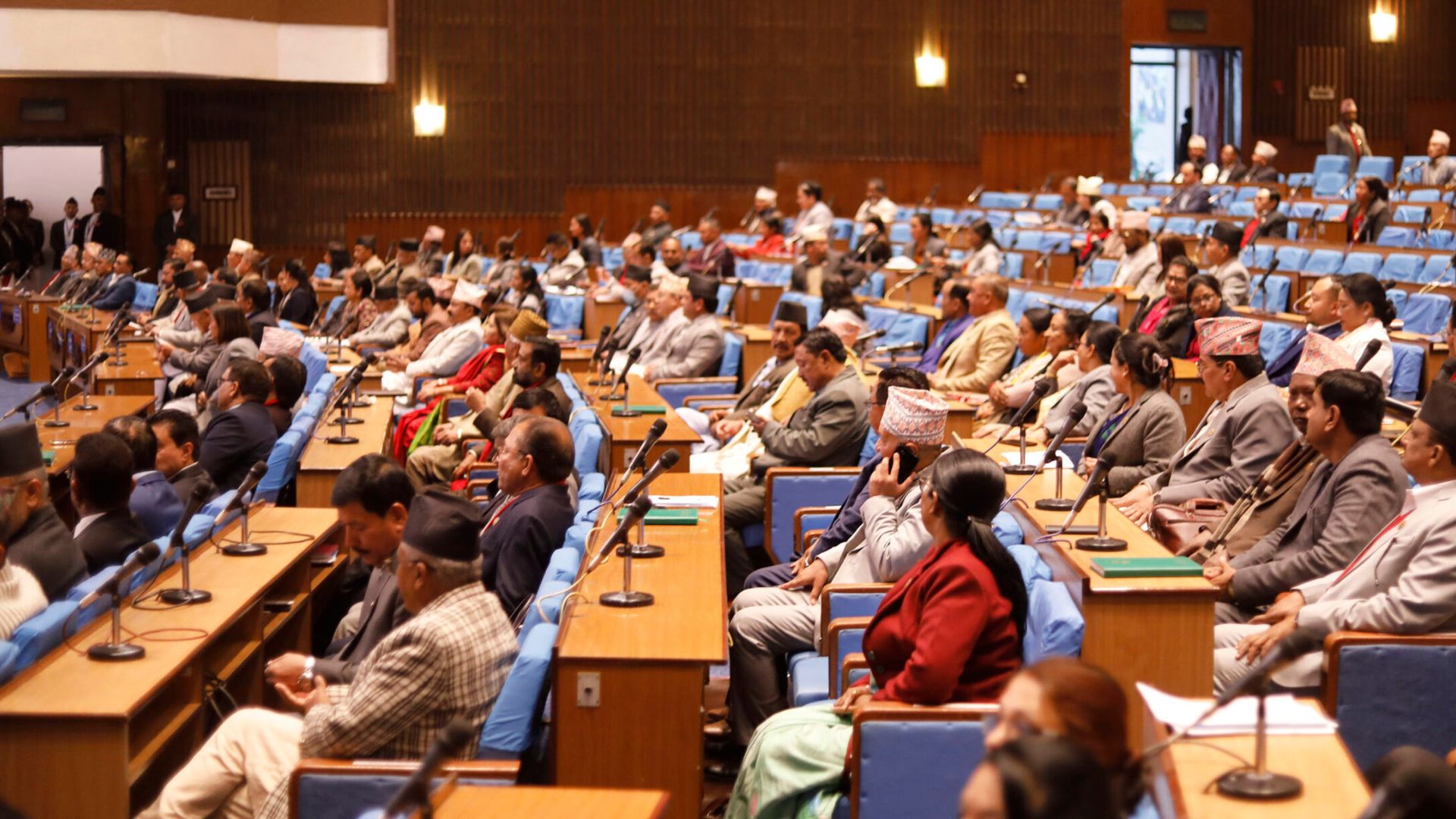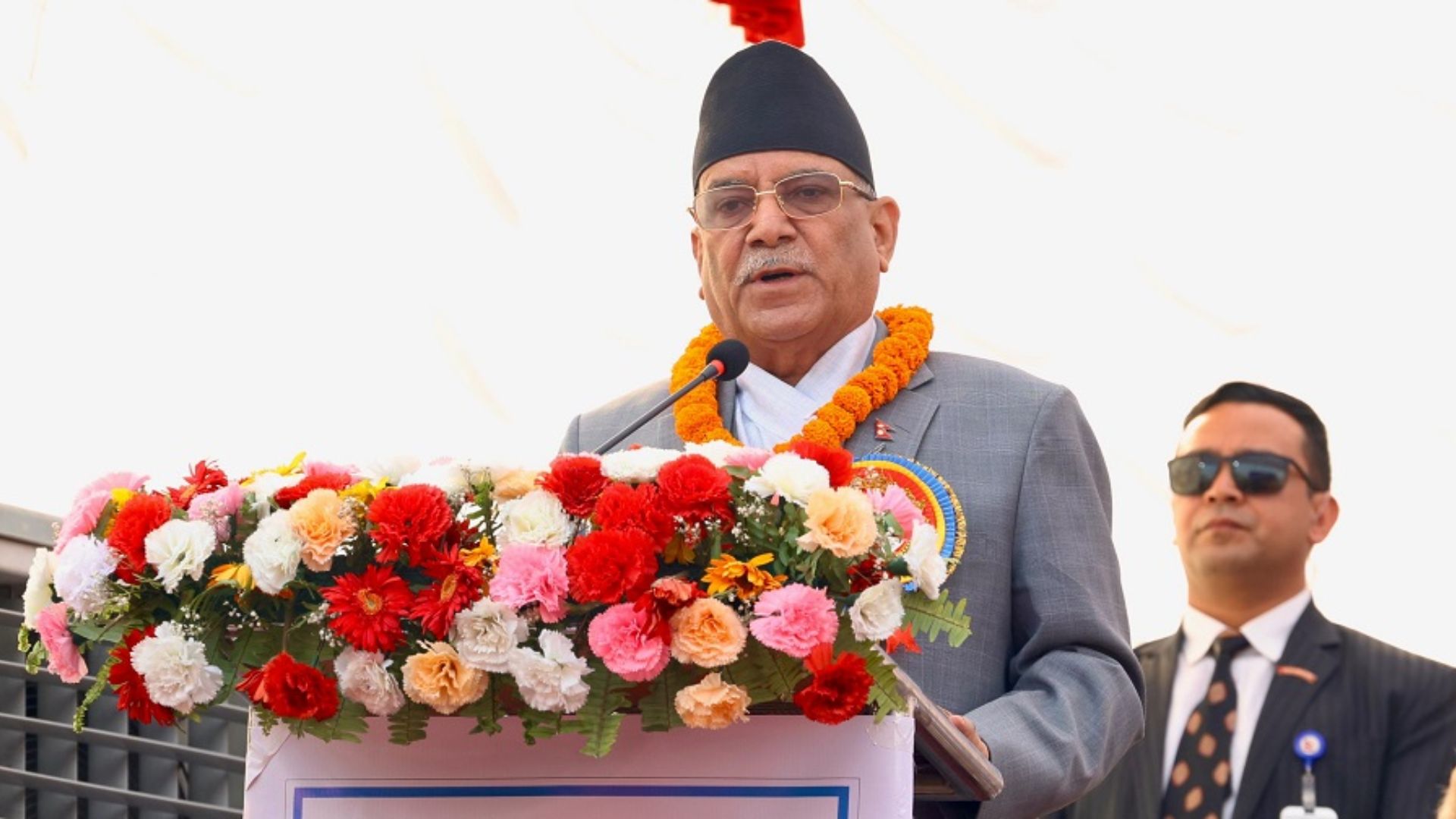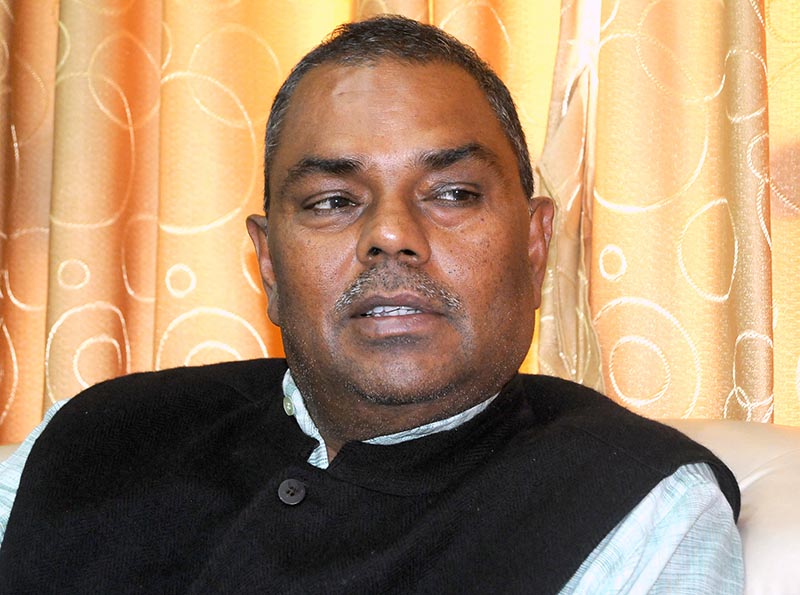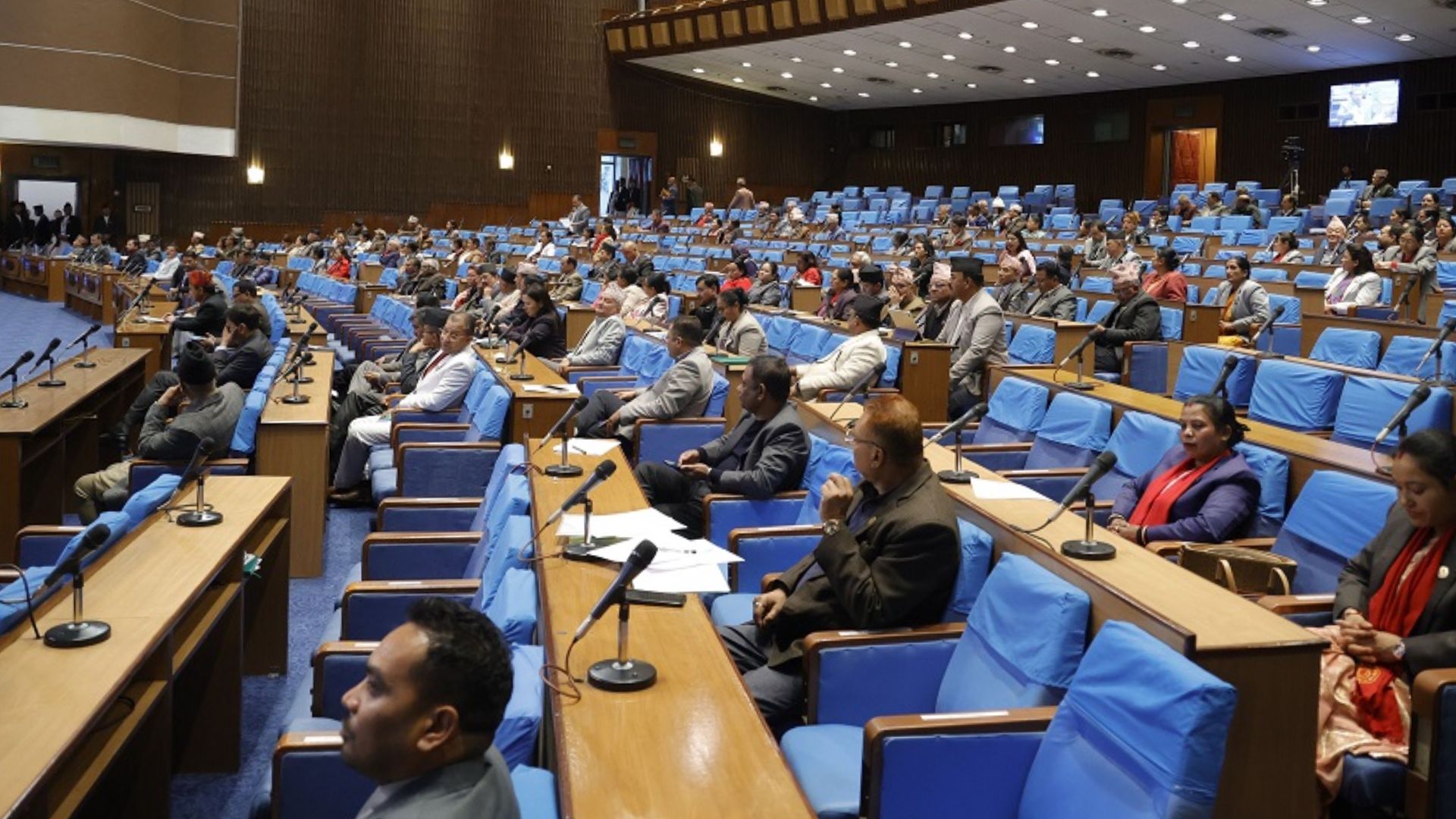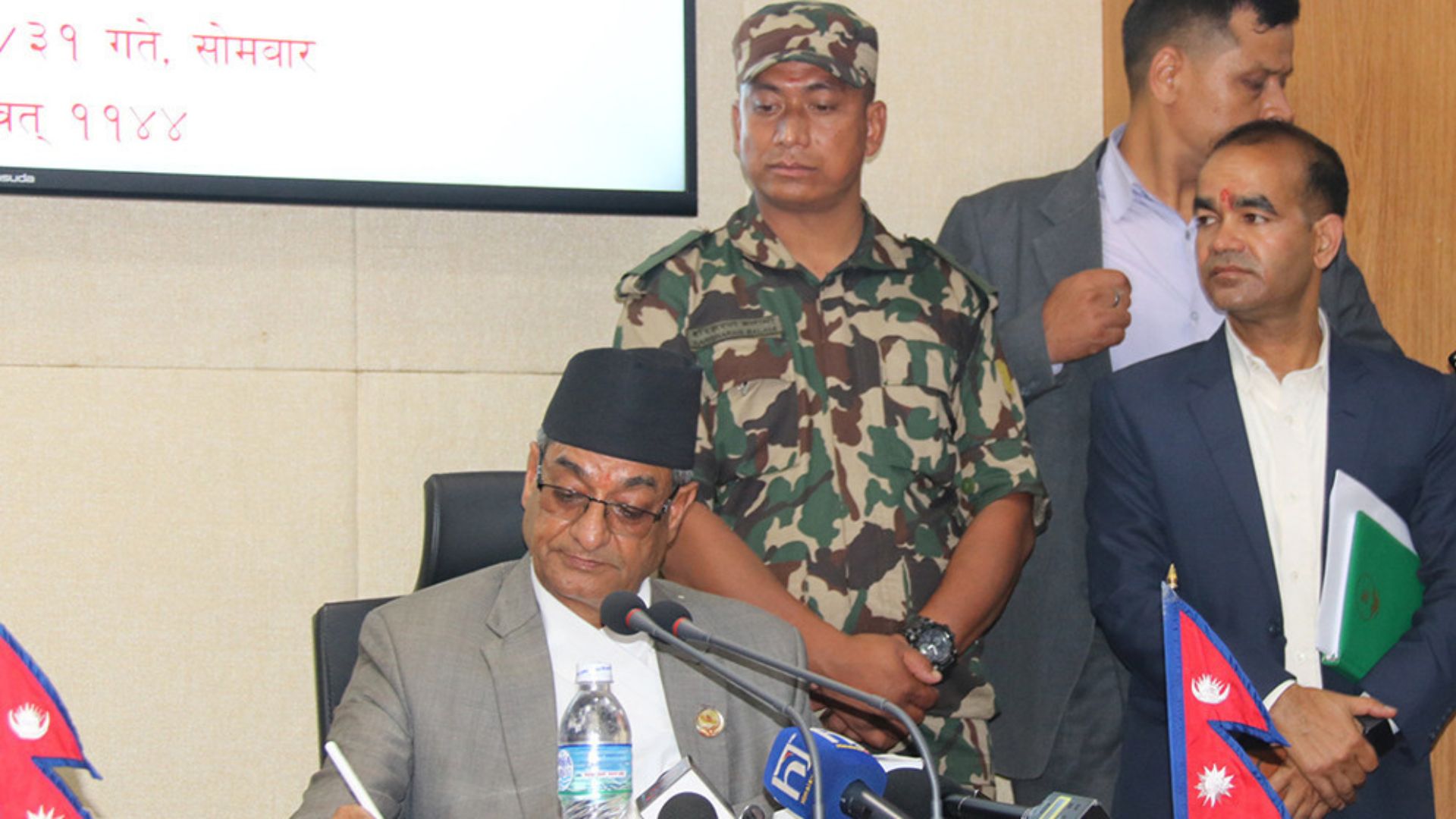The audio, which has gone viral on the internet, purports to expose Raj Kumar Gupta, Federal Affairs and General Administration Minister, taking a bribe with an intermediary for the post of Kaski Land Commission Chairperson.
Following a big political development in which a leaked audio recording implicated two current ministers in a bribery plot, the government of Prime Minister KP Sharma Oli is under intense scrutiny.
The tape refers not just to money payments, but also to political bribes and alcohol trades. In the recording, the voice reputedly belonging to Minister Gupta states that Minister Adhikari had already been paid money and would never do anything contrary to those financial incentives.
Adhikari has publicly denied any involvement in bribery, while Gupta has dismissed the audio recording as perhaps doctored with the assistance of artificial intelligence. But a formal complaint accompanied by audio proof has been lodged at the Commission for Investigation of Abuse of Authority (CIAA), and now it rests in the lap of the House of Representatives.
Despite the rising public fury, PM Oli has remained mum for three consecutive days, prompting calls for a quick response and accountability. Critics opine that the ministers whose ministers are under such severe allegations should either resign voluntarily or be requested to do so by the prime minister.
Opponents have cited past cases—such as the resignations of former ministers Sher Bahadur Tamang and Gokul Baskota on comparatively minor allegations—Evidence of moral accountability. Oli, who had previously promised not to carry even the "shadow" of corruption, now watches his tenure come under scrutiny.
Most caution that inaction would jeopardize the government's declared zero-tolerance policy against corruption and undermine public confidence. Others even go so far as to say the government's reputation depends on how PM Oli reacts.
Legal analysts and experts emphasize the need for a speedy and impartial investigation. If the recording is authentic, it may amount to a criminal offense under anti-corruption laws. If it is fabricated, then the law of cybercrime can be applied against those involved in producing and distributing it.
The row has rekindled the specter of sliding standards of accountability. The case has been compared to that of Home Minister Ramesh Lekhak, who stayed on in office facing serious charges relating to visa irregularities—a precedent many consider pernicious.
However, unlike Lekhak—who belongs to the Nepali Congress—both Gupta and Adhikari are members of Oli’s own CPN-UML party. This means the prime minister faces no coalition barriers and has full authority to take disciplinary action.
Gupta was elected from Parsa-3, narrowly defeating Congress candidate Surendra Prasad Chaudhary, while Adhikari secured a strong win in Kapilvastu-1 against a Maoist Center rival.
The media, civic society, and political analysts are waiting for Oli's response as the story unfolds. His next action will either demonstrate his prior pledges of uncorrupted government or show that he still wants to defend political buddies despite widespread public opposition.

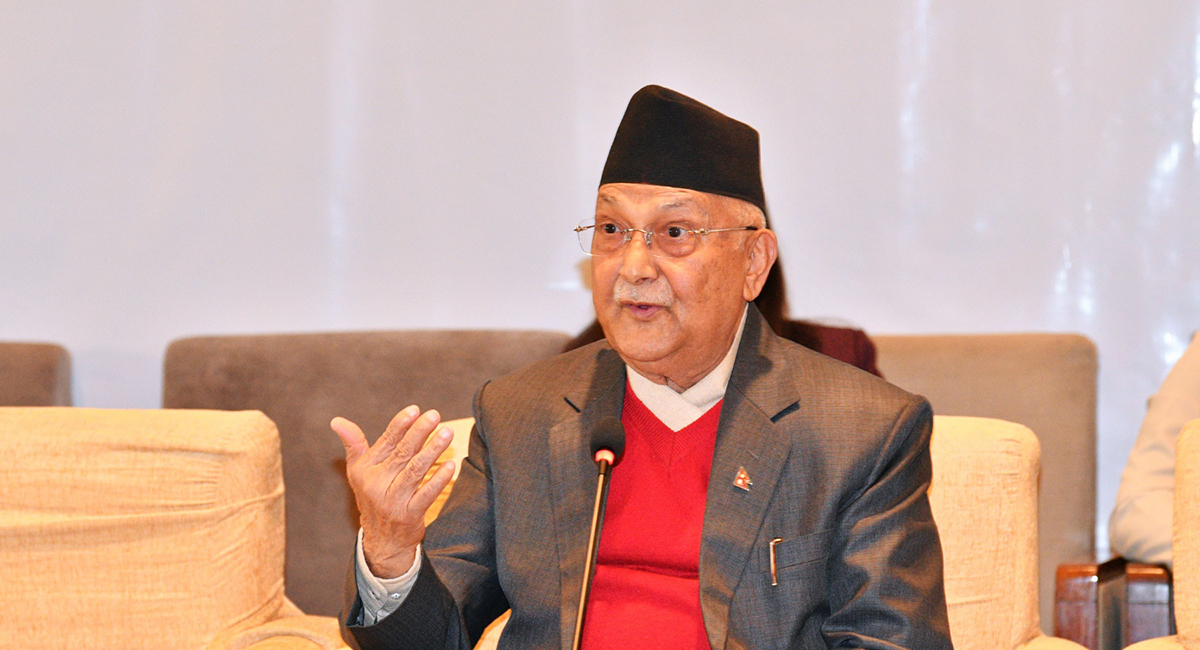




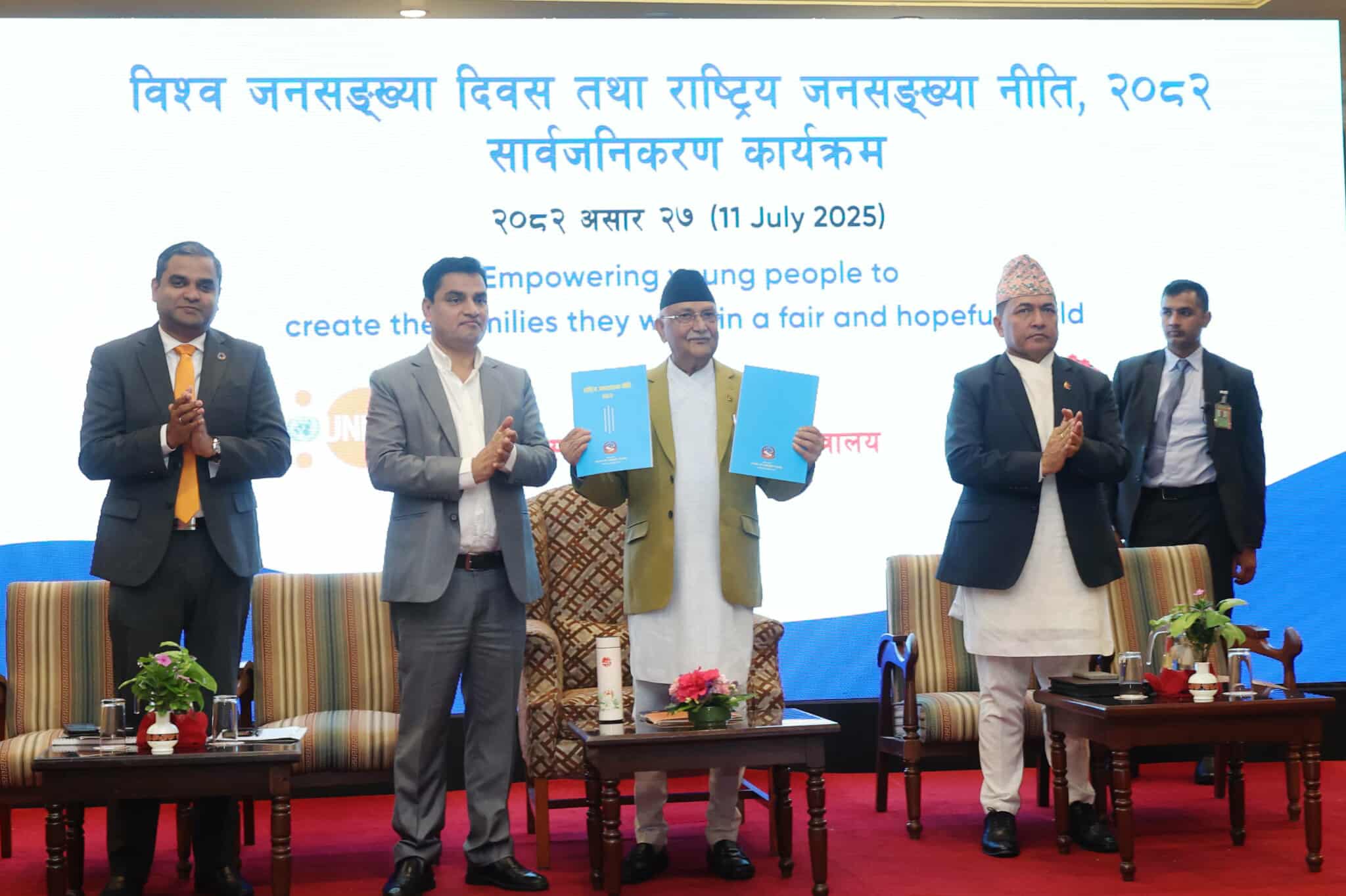
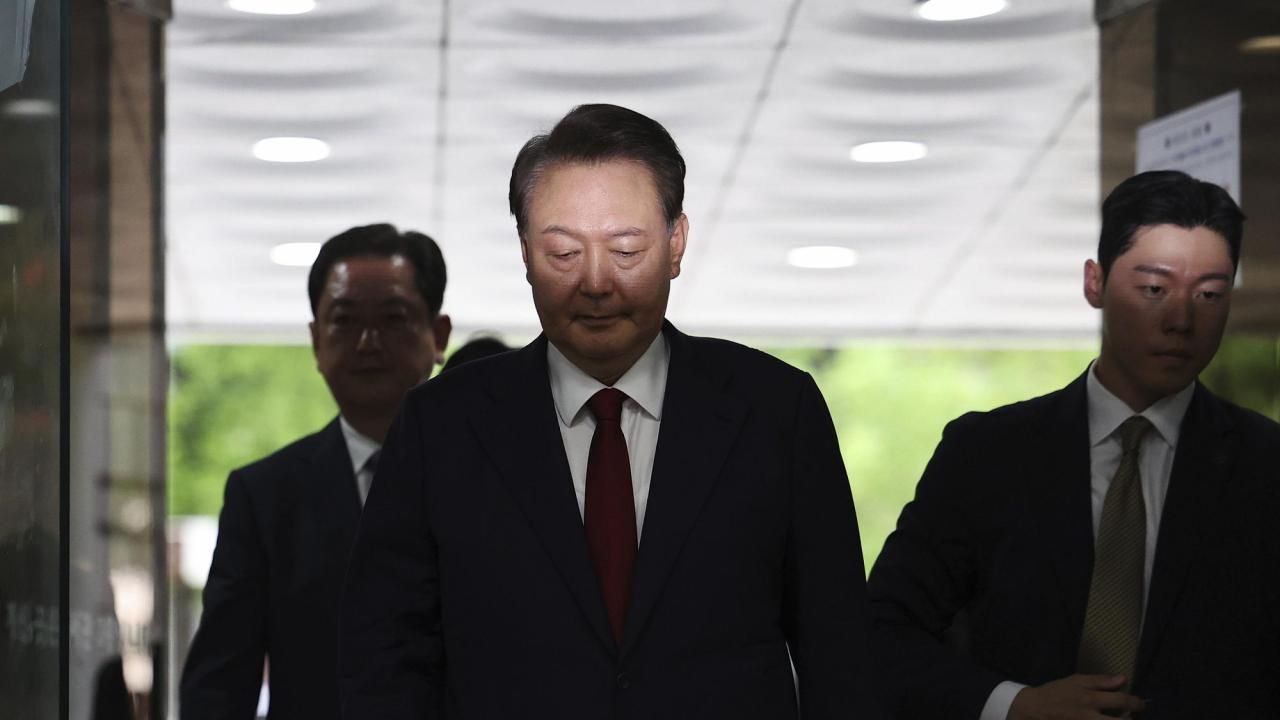
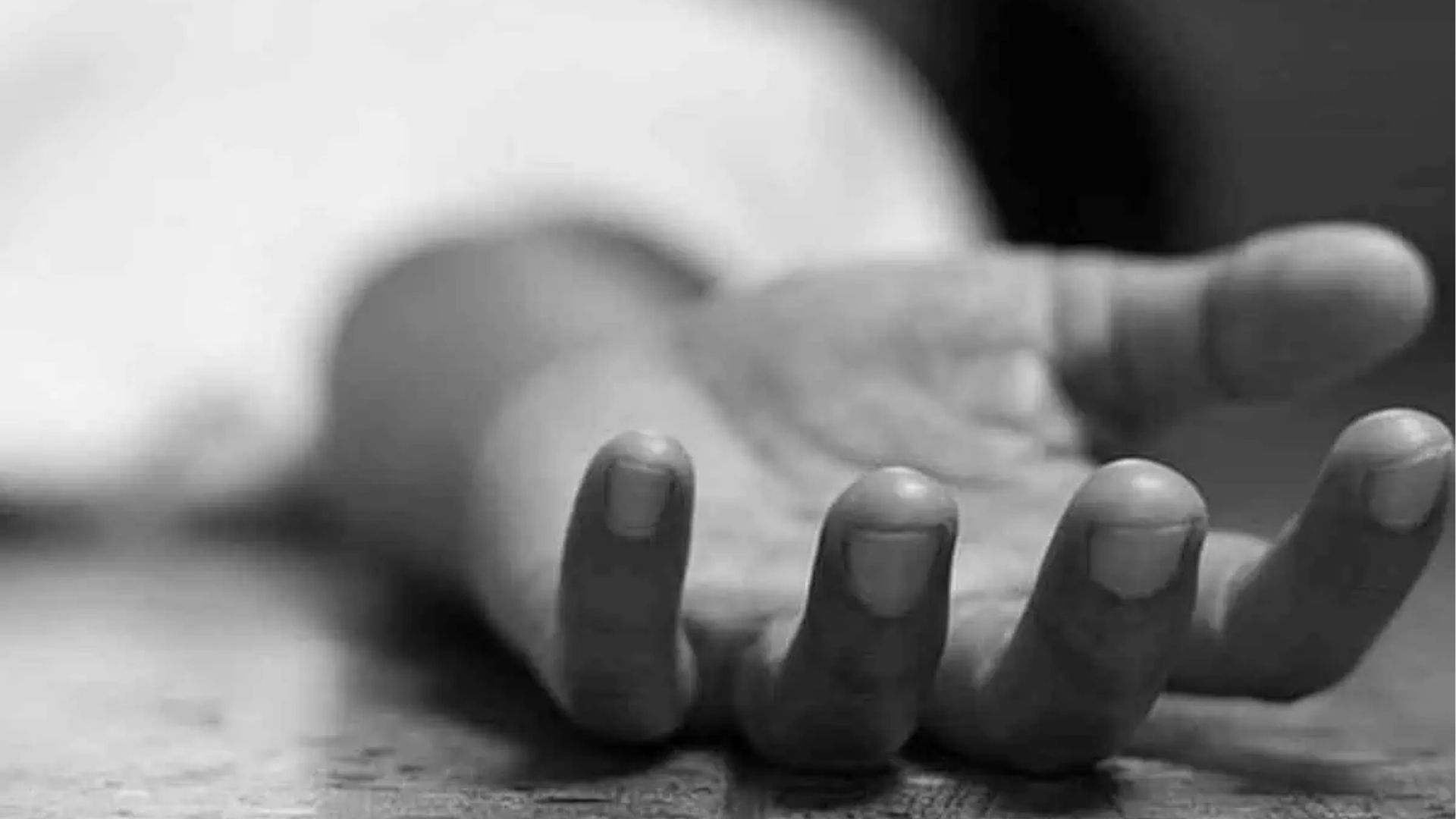
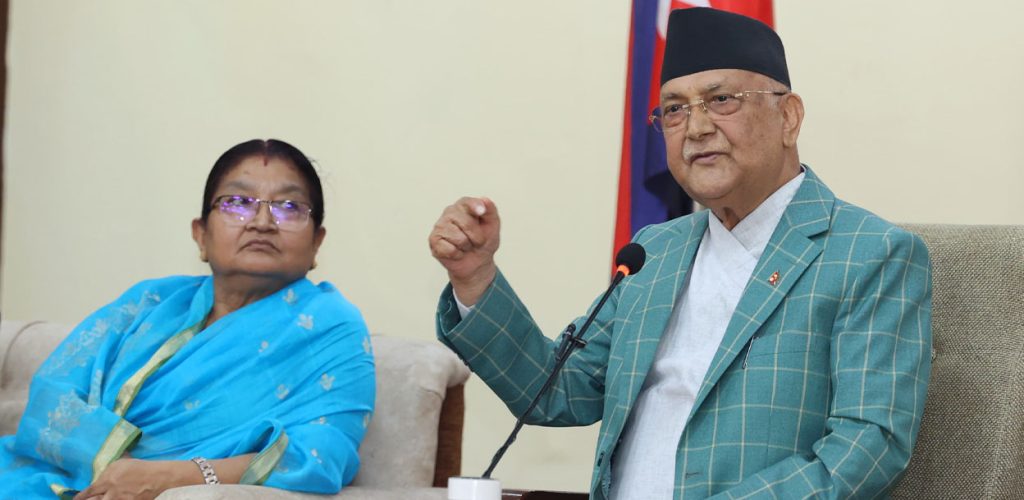
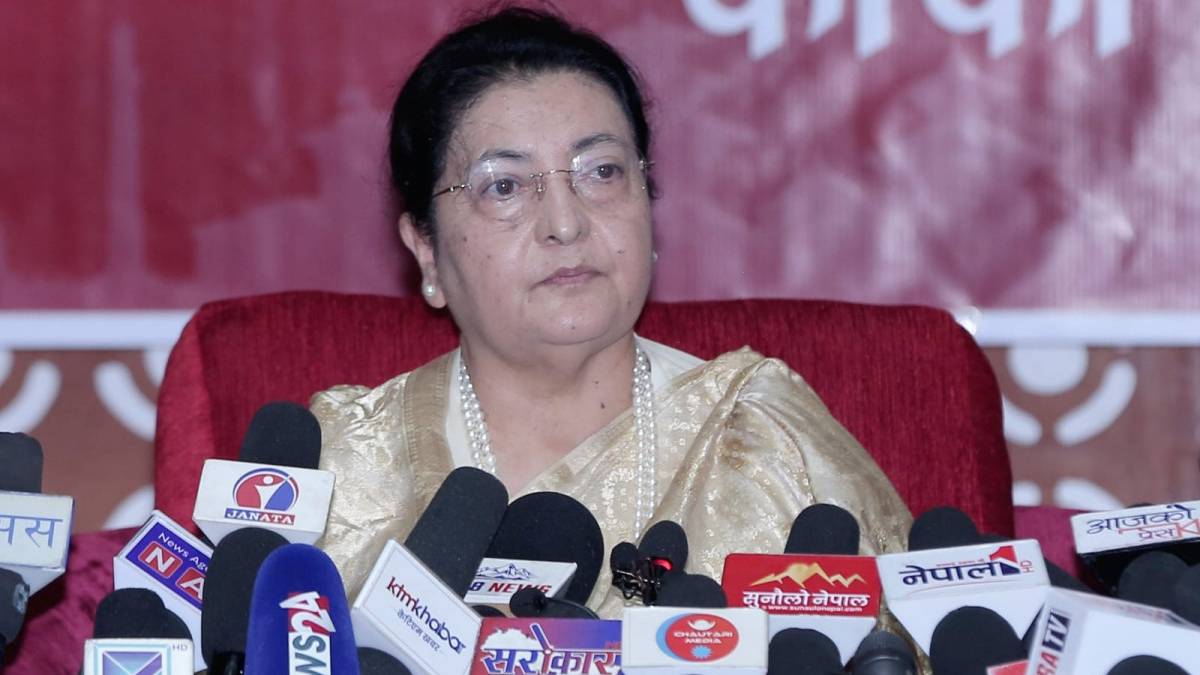
.jpg)
.jpg)
.jpg)
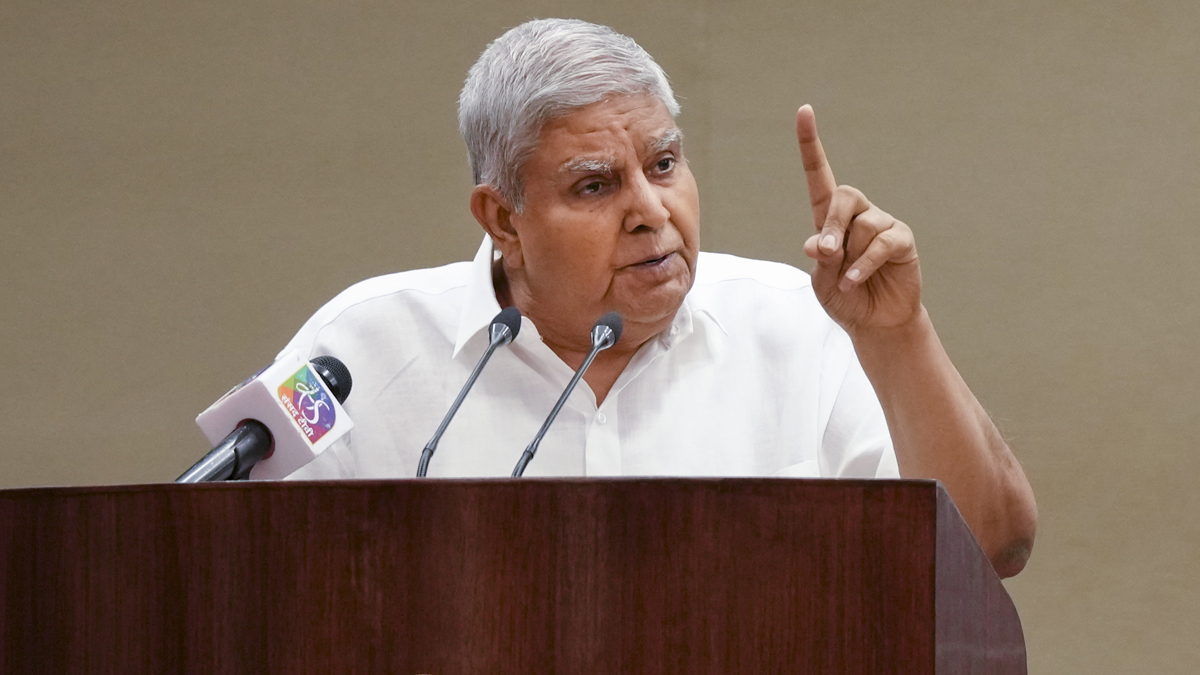
.jpg)
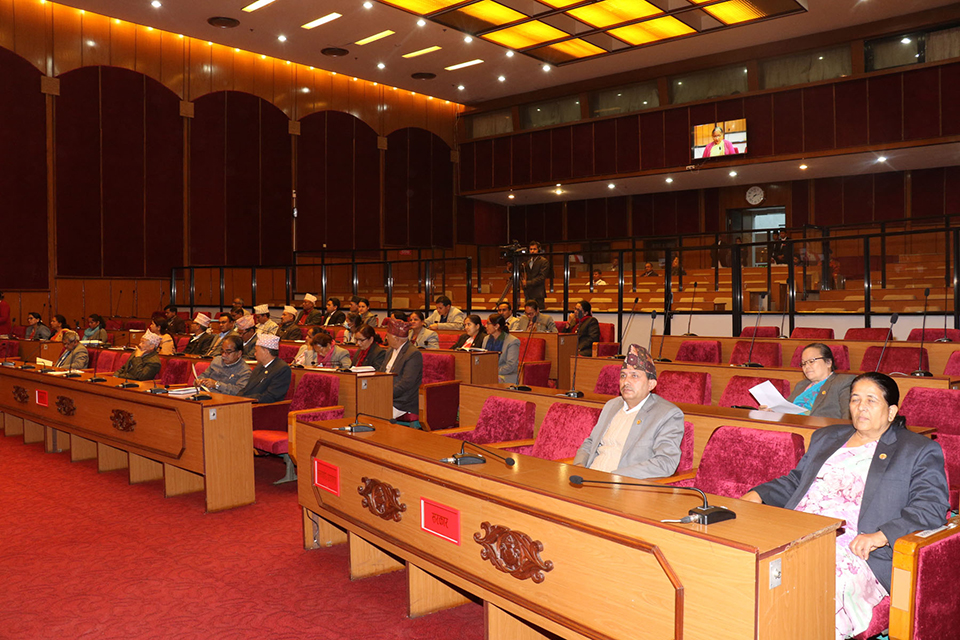
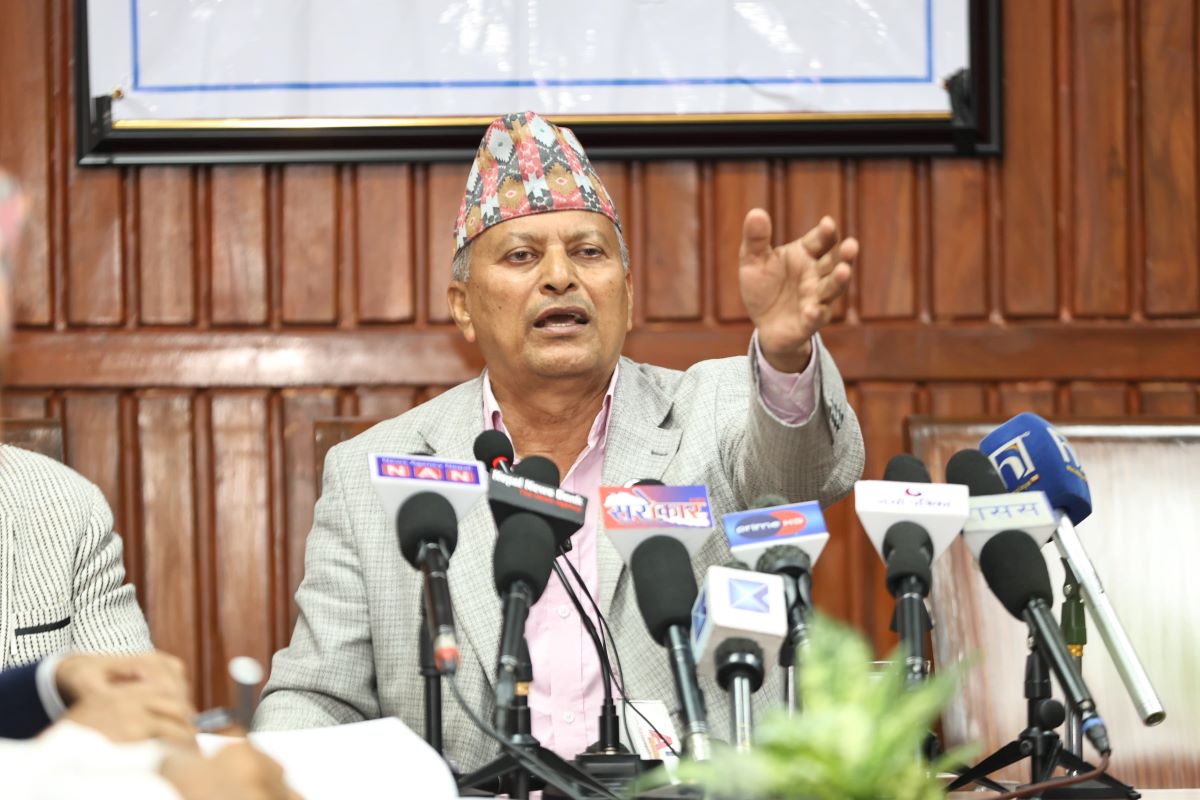
.jpeg)
.jpeg)
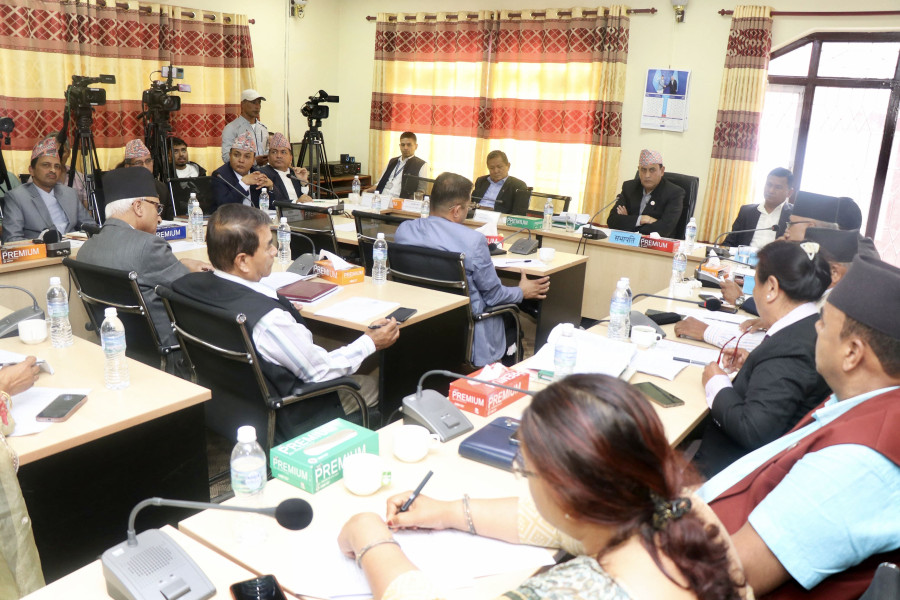
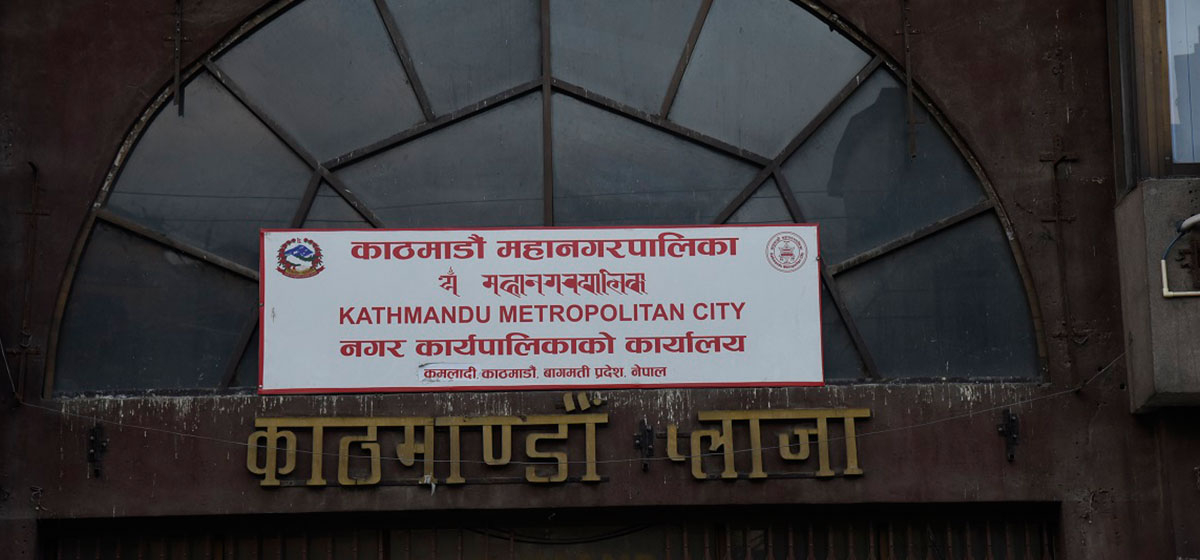
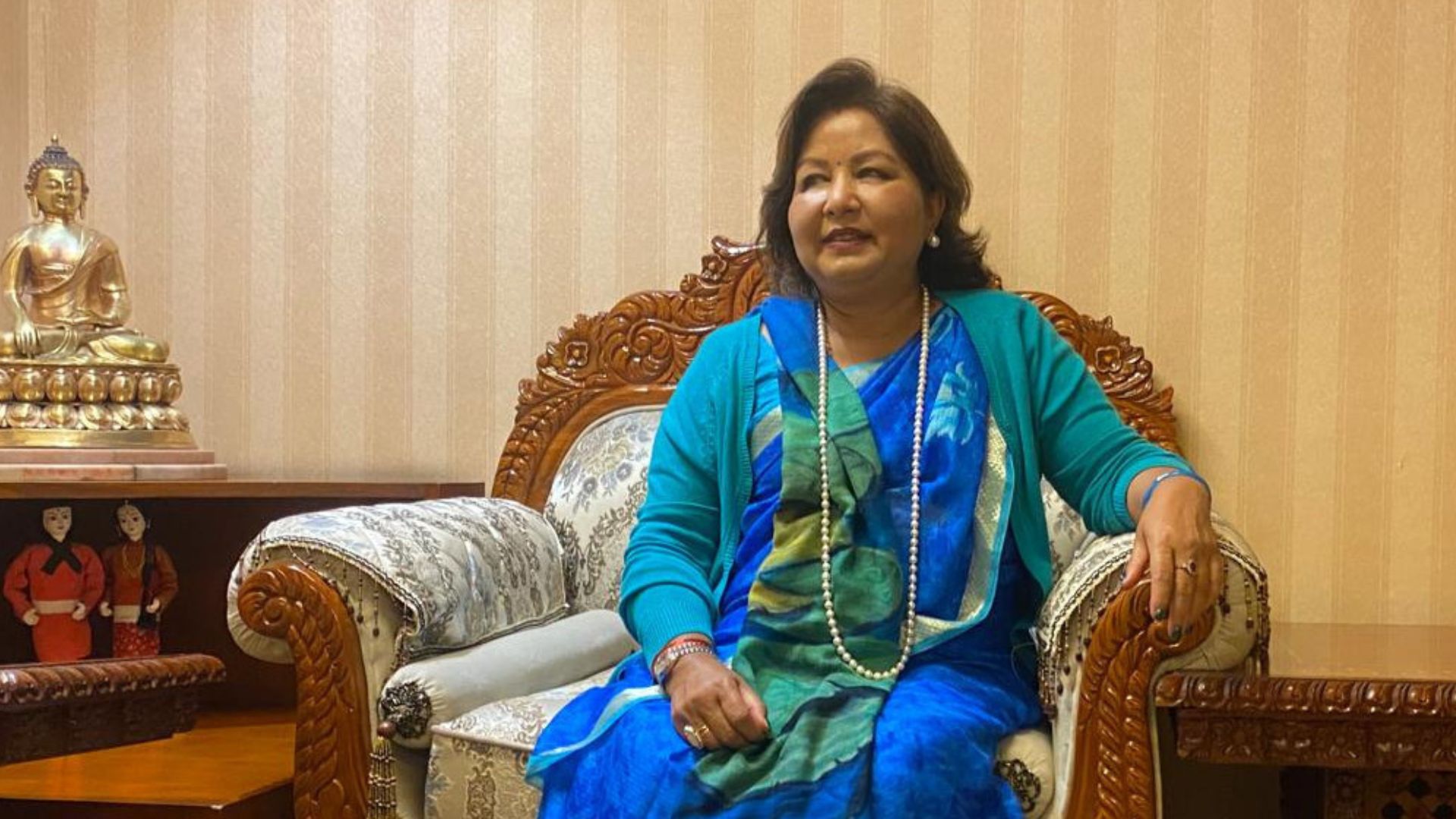
%20House%20of%20Representatives.jpg)
